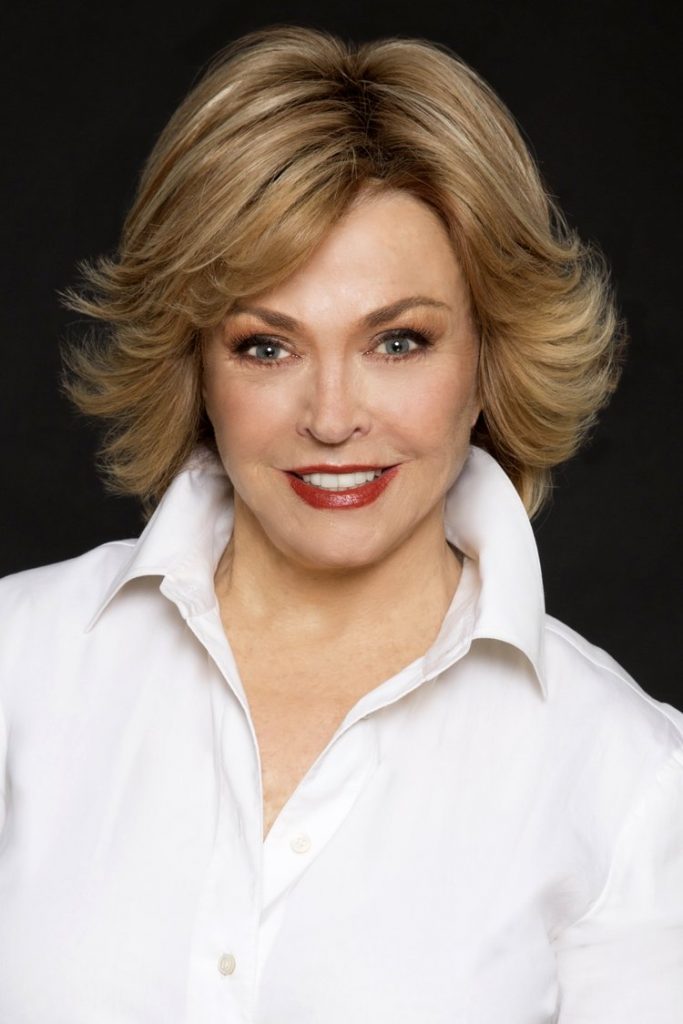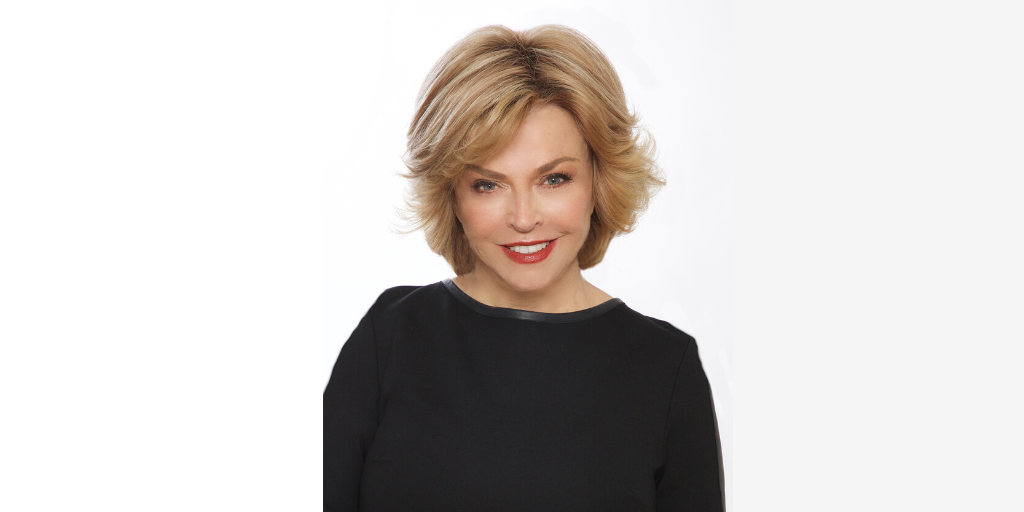Pat Mitchell is a dangerous woman. A media trailblazer, Mitchell has been boldly challenging the status quo and tirelessly advocating for women and girls for more than four decades.
She leveraged the power of media to tell women’s stories back when it was far less sexy to do so. There isn’t a box that Mitchell hasn’t checked. Emmy award-winning and Oscar-nominated producer? Check. President of CNN Productions? Check. The first woman president at PBS and the Paley Center for Media? Check. Cofounder and editorial director of TEDWomen? Check. Sundance Institute Board of Trustees chair? Check. Investor? Check.
Like many of today’s women age 50 and over, Mitchell isn’t losing steam, she’s refueling.
“I think women over 50, on the dangerous side of 50, have the potential to be the most powerful people on Earth,” Mitchell, 76, says. “We’re the best-informed, best-resourced, we’re leading healthier and longer lives all over the world and we have more information and connectivity. We have all the tools and if we apply them together around anything, to funding and supporting political candidates, we can be a force for change.”
Mitchell knows from experience. She was the first woman in media to own her own production company and helm the first national program produced and hosted by a woman, the Emmy award-winning daily talk show, “Woman to Woman.”
“I hosted and produced the show for about three years. After that Oprah came along and she and I were great friends. I sold my show back to NBC and she launched ‘The Oprah Winfrey Show’ … We were the first to do it and everyone told us that we couldn’t,” Mitchell says. “But after our very successful first year, our financial partners decided they didn’t want to be in media anymore. The learning came from realizing we were in control of everything except the finances. My partner and I didn’t understand enough about what our financial options were.”
Refusing to let the successful television program die, she and her team took the idea back to NBC, where Mitchell had previously been employed, and NBC incorporated it as a segment in the ‘Today’ show where it lived for another five years.
In her new memoir, “Becoming a Dangerous Woman: Embracing Risk to Change the World,” Mitchell shares this lesson along with a slew of others she’s learned on her journey. She says women need to always know their financial options and that she shares it as a cautionary tale.
“There’s a lot at stake here. [Women have] made a lot of progress but we also have not made the progress that we should of toward real equality and economic equity,” Mitchell says, adding that this empowers much of the training, motivating and giving back she does today.
“I started the book when I finally decided to leave my last CEO job. I was already 70 and I felt like I wanted to devote more of my time to my causes and my work around the world and my work with women. Several friends suggested that what I had lived through and my experiences could be a useful guide for other women,” she says. As the mother of six and grandmother of 13 started writing, she began to see connections between her experiences and current ones facing the next generation of leaders in her own family. “By the time I got around to declaring myself a dangerous woman, the book was a call to action. It’s not just my story or the 15 women I interview and profile. It’s a story of our time.”
As the book reveals, what makes Mitchell dangerous is her lifelong insistence on redefining power on her terms and leveraging that power to manifest a better world. In “Becoming a Dangerous Woman,” she shares her own path to power, from a childhood spent on a cotton farm in the South to her unprecedented rise in media and global affairs.
Mitchell wants to help female entrepreneurs become dangerous, too. She sits on the board of the Skoll Foundation which drives large-scale change by investing in, connecting, and celebrating social entrepreneurs and the innovators who help them solve the world’s most pressing problems. Mitchell’s focus is on closing the gap for funding sources for women, people of color and indigenous founders. She’s also on the board of Acumen, a nonprofit impact investment fund that invests in “Patient Capital,” capital that bridges the gap between the efficiency and scale of market-based approaches and the social impact of pure philanthropy, in entrepreneurs bringing sustainable solutions to big problems of poverty.

She encourages female entrepreneurs to step out and lead, even and especially in the places where they may be the only. “Being the first or the only one who looks like you is a lonely place and it’s harder when you’re making decisions in a spotlight. I did get challenged several times. ‘Are you hiring more women and people of color? Are you running an affirmative action program? Are you playing the woman’s card or the race card?’” she says others would ask her. “If I didn’t play those cards or make that a focus nothing would change. That was part of my journey, taking what I knew and the power of my position to pull other women along. It was a priority and is a priority for me in every job to use whatever position or influence to elevate and embolden.
“You can’t be dangerous from the sidelines. You have to be in the game,” Mitchell continues. “You have to be in the work and in the struggle. You can’t compare and compete and criticize. It would never move anything forward. My biggest advice is to be engaged and to do power differently. Don’t try to lead like the man before you. Even if he was great, the opportunity we have is to bring what we know and do especially well. You have to get in the game.”
As Mitchell says, dangerous times call for dangerous women.







Add Comment